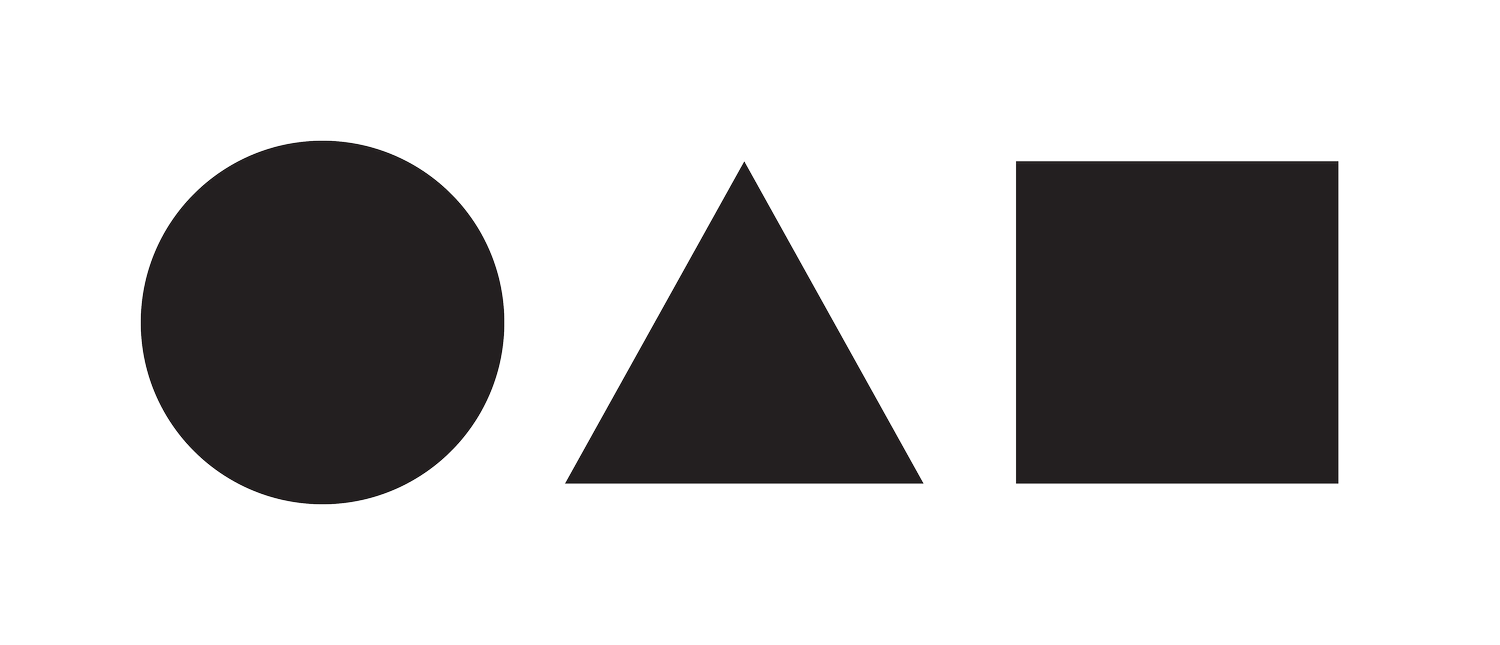The Delicate Dance
Peer Coaching and Professional Coaching in Leadership Development
“Selecting the right person for the job is the largest part of coaching.” Phil Cosby
There's something appealing about peer coaching. It feels democratic, budget-friendly, and taps into our natural tendency to learn from those who share our experiences. And the choice between peer coaching and professional coaching deserves deeper thought than simply checking the departmental budget.
Like any dance, the relationship between these two approaches requires careful choreography—knowing when to step forward with professional expertise, when to move sideways with peer support, and how to create a rhythm that serves our development.
Understanding the two approaches
Peer coaching involves colleagues potentially at similar levels supporting each other's development through regular conversations, feedback, and shared problem-solving. It relies upon mutual learning and shared experiences within the same organisational context.
Professional coaching, by contrast, involves working with a trained, certified coach who brings proven frameworks, diverse experience, and a more expansive perspective to support our development. Professional coaches are bound by ethical standards and blend the tool they use with who they are; specifically designed for growth and change.
The reality of peer coaching
Peer coaching works particularly well when you need someone who truly understands your context. They've sat through the same board meetings, dealt with the same clients, and understand the unspoken rules of your organisation. This shared experience creates valuable connections.
However, peer coaching has natural boundaries. Your peer coach likely faces the same organisational constraints as you do. They may share your blind spots or be equally stuck within existing thinking patterns. While they can offer support and encouragement, they may lack the nuance, tools or perspective required for complex leadership challenges.
What professional coaching brings
Professional coaching creates something different. We can bring proven structure/s, diverse experience, and the ability to ask questions that peers might avoid.
The key difference is perspective. Professional coaches aren't often embedded in your organisational culture or constrained by internal politics. This allows them to challenge assumptions (in a way that dignifies), identify patterns, and create the space necessary for genuine growth.
The dance between both
The most effective approach often combines both forms of coaching. Professional coaching can establish foundations, break through limiting patterns, and introduce new frameworks. Peer coaching provides ongoing support and helps apply these insights within a specific context.
Many leaders use this dual approach. They engage professional coaching for significant transitions or persistent challenges, then practice and refine their learning through peer coaching relationships. This creates a sustainable development system.
When professional coaching becomes necessary
Certain situations call for professional expertise:
Major transitions: New roles, organisational restructures, or strategic shifts require experience and frameworks that peers may not possess.
Persistent blind spots: Long-standing patterns that limit effectiveness often need an external perspective to shift.
Complex interpersonal challenges: Professional coaches bring specific tools for addressing team dynamics, communication breakdowns, or leadership presence issues.
Strategic development: Moving from operational management to strategic leadership requires deliberate skill-building with proven methodologies.
Creating your development approach
The decision between peer and professional coaching isn't either/or—it's about understanding how they complement each other. Consider:
• The complexity of your current challenges
• Your stage of leadership development
• The quality of available peer coaching relationships
• Your organisation's readiness for change
• Available resources and time commitment
Like learning any dance, developing leadership capability takes practice, feedback, and occasionally stepping outside familiar patterns. The question isn't which approach is better—it's how to choreograph them effectively for your situation.
Finding your rhythm
Professional coaching offers the external perspective, proven tools, and questions that can shift how we think about leadership. Peer coaching provides understanding, encouragement, and practical application within a familiar environment.
The delicate dance between these approaches requires thoughtful planning. Sometimes we may lead with professional coaching to establish new thinking or break through barriers. Sometimes we may follow with peer coaching to embed and practice these insights.
Working together
Sustainable growth rarely comes from a single source. Those who develop most effectively create support networks that include both professional coaching relationships and meaningful peer connections.
The art lies in understanding when each approach serves you best—and having the wisdom to invest in both when your leadership development requires it. After all, the best dances involve multiple steps, varied rhythms, and knowing when to change direction.
About professional coaching support
Amanda Livermore is a Professional Certified Coach with the International Coach Federation and Master Coach with the European Mentoring Coaching Council. She has over 20 years of experience resourcing leaders through significant transitions and complex challenges. If you're considering how professional coaching might support your development journey, she welcomes conversations about what that could look like for your specific situation. Contact her amanda@loreconsultancy.com
Every effective dance starts with understanding the music and taking that first step.

